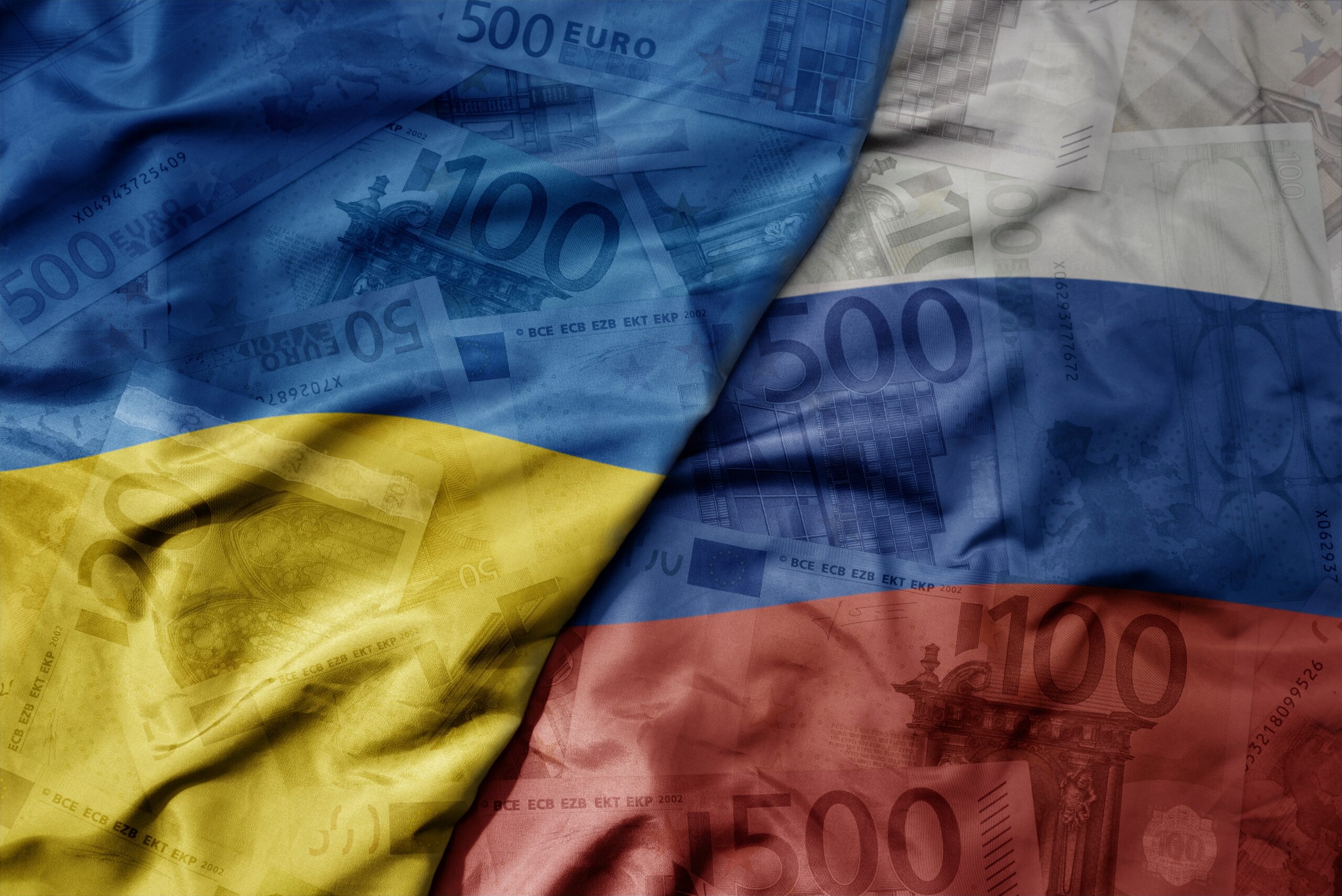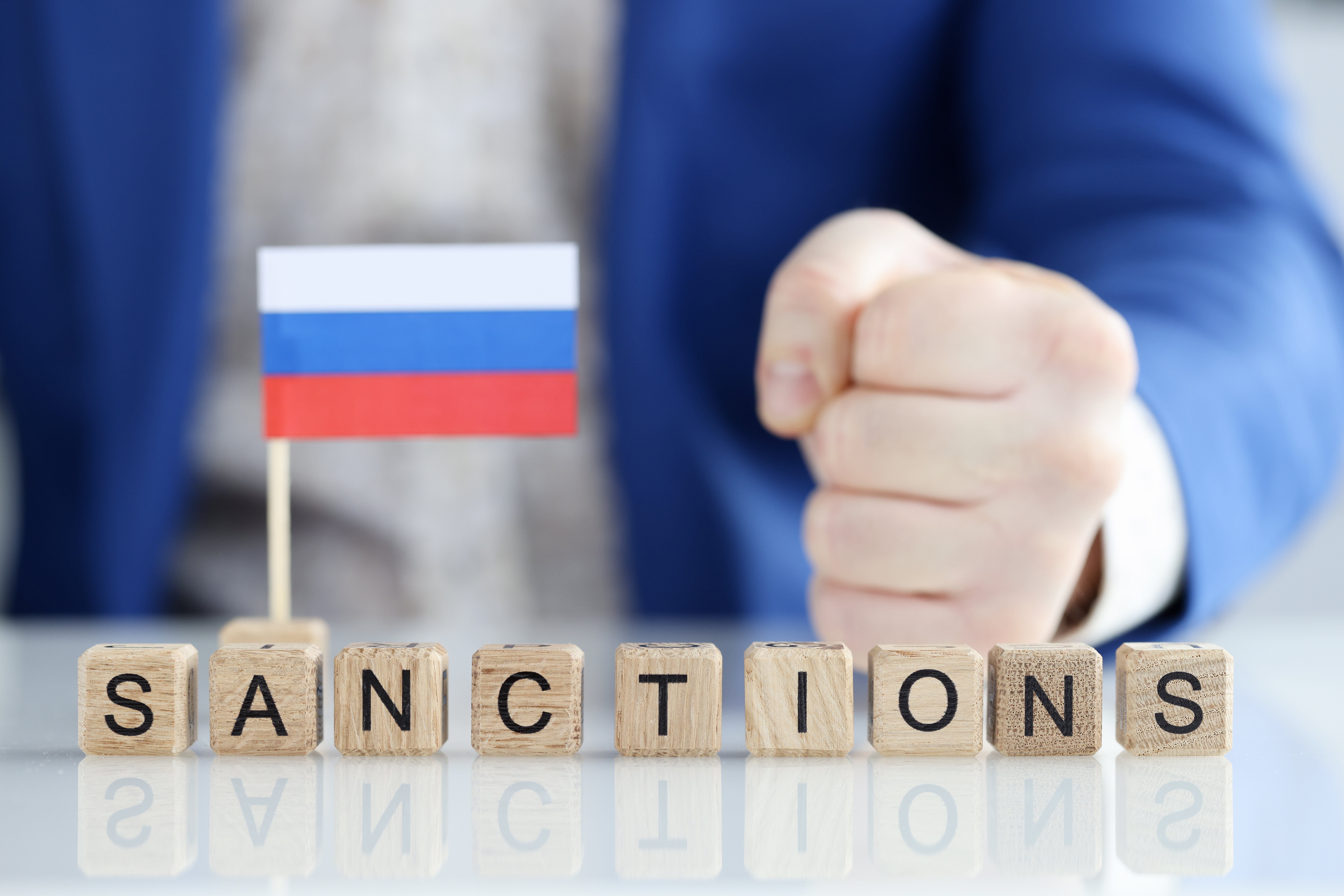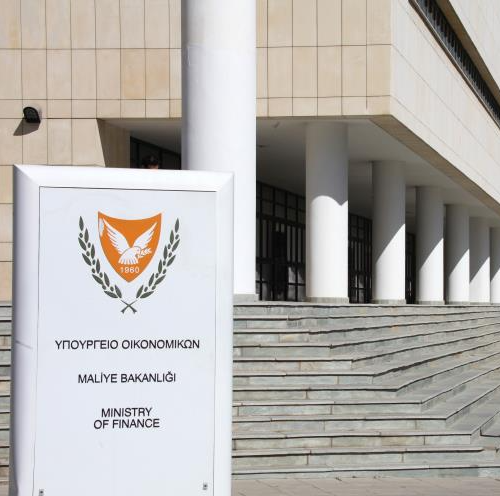The European Union has adopted 14 sanction packages in response to Russia’s full-scale invasion of Ukraine, aiming to minimise Moscow’s economic output and its capacity to fund and sustain the conflict. The most recent sanctions, enacted on June 20, marked a notable shift as they included the first-ever direct measures against Russia’s gas industry, signalling the EU’s commitment to addressing critical Russian revenue streams that fuel the war effort. This unprecedented restriction was aimed at decreasing European dependence on Russian energy and cutting Russia off from lucrative energy sales.
Previous sanctions targeted multiple sectors, including banking, transport, and key technology exports. This approach has led to over 1,700 individuals and entities facing asset freezes and travel bans across Europe. The sanctions have also restricted Russia’s access to advanced technology essential for weapons manufacturing, aviation, and other industries critical to its war capabilities. Additionally, by blocking Russian financial institutions from the SWIFT international payment system, the EU has further isolated Russia from the global financial system, complicating its ability to conduct international trade.
The EU is focusing on tighter enforcement of these sanctions, recognizing that closing loopholes is essential to prevent Russia from bypassing restrictions through third-party countries. The European Union is finalizing its 15th package of sanctions against Russia, aiming to intensify economic pressure on the country for its ongoing military actions in Ukraine. The package primarily targets Russia’s capacity to access crucial components for its industries, including microchips and advanced machinery essential for its defense sector. This package also seeks to close existing loopholes, thereby limiting the potential for sanctioned goods to reach Russia via third-party countries.
EU High Representative Josep Borrell has highlighted that the measures aim not only to disrupt Russia’s economy further but also to improve enforcement mechanisms within the EU. Additionally, according to recent reports, the new sanctions are likely to include stricter regulations on liquefied natural gas (LNG) imports from Russia, a significant revenue stream for the Russian government. This move aligns with EU efforts to transition away from Russian energy dependence while maintaining pressure on Moscow’s ability to fund its operations.
The EU’s 15th package underscores a coordinated effort with allies, such as the U.S., focusing on shared goals like isolating Russia’s defense sector and constraining its access to international markets. This approach reflects the EU’s commitment to supporting Ukraine and pressuring Russia diplomatically and economically.
MK Compliance Limited can provide daily/weekly/monthly updates on sanctions, and AML regulatory developments. These updates ensure that you are kept informed about the latest regulatory changes, therefore ensuring comprehensive compliance.
In addition, we provide sanctions-related consulting services, including transaction reviews, screenings and background checks on your clients and related individuals/entities/counterparties, to ensure your business operations remain fully compliant with all applicable sanctions, mitigating the risk of breaches.
The content of this article is valid as at the date of its first publication. It is intended to provide a general guide to the subject matter and does not constitute legal advice. We recommend that you seek professional advice on your specific matter before acting on any information provided.
For further information or advice, please contact info@compliancemk.com.



